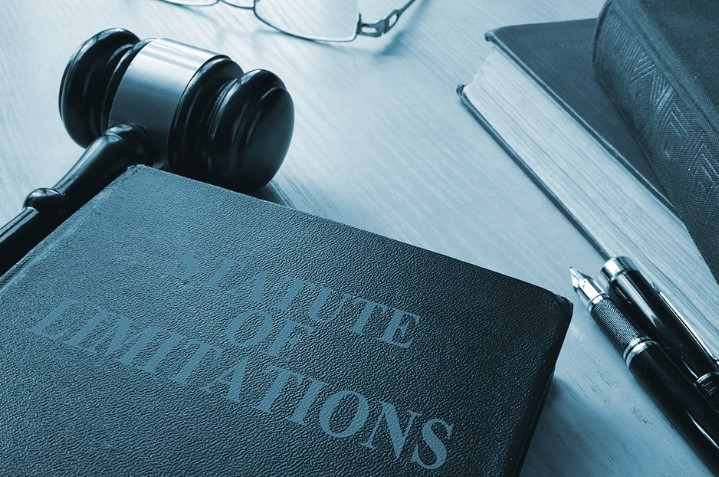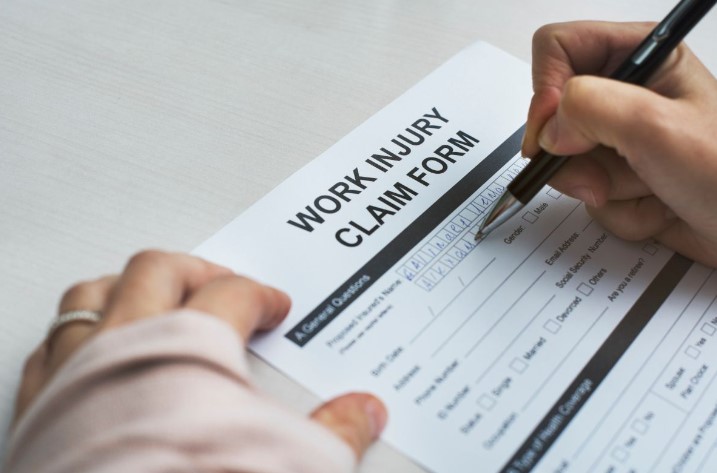
Understanding Your Rights and the Legal Process for Personal Injury Claims
Table of Contents:
- Introduction to Personal Injuries and the Law
- What Constitutes a Personal Injury?
- The Importance of Documentation and Evidence
- Understanding Comparative Fault and Liability
- Seeking Medical Attention and Legal Advice
- Dealing With Insurance Companies
- Settlements Versus Going to Trial
Key Takeaways
- Personal injury law is designed to protect individuals who have been harmed due to someone else’s negligence or intentional acts.
- Proper documentation and timely action are crucial in strengthening a personal injury claim.
- Understanding your rights and the complexity of insurance negotiations can significantly impact the outcome of your claim.
- Seeking specialized legal assistance can provide invaluable support in navigating the personal injury claim process.
Introduction to Personal Injuries and the Law
Navigating the aftermath of a personal injury can be daunting, and understanding your rights within the legal system is an essential step in this challenging journey. Personal injury law serves as a shield, protecting the rights and livelihood of those adversely affected by the actions of others. Whether the injury results from an unfortunate slip and fall, a vehicular accident, or a faulty product, knowing the legal avenues available can make a significant difference in your ability to recover both physically and financially. A guiding principle in this journey is the expertise of Injury Law Partners, who act as navigators within the complex framework of personal injury claims.
What Constitutes a Personal Injury?
Defining a personal injury in the context of the law is crucial to establishing the grounds for a claim. Personal injury is a legal term for harm incurred to an individual’s body, mind, or emotions. This kind of injury typically arises from various incidents such as traffic collisions, workplace accidents, tripping accidents, assault claims, and product defect accidents (product liability). Differentiating between an inconvenience and a legally actionable injury depends on establishing that another party’s negligence or intentional act is the cause. The law then sets a stage where the victim is entitled to compensation for the harm suffered—a compelling reason why justice should be pursued diligently.
The Importance of Documentation and Evidence
When you are the victim of a personal injury, compiling strong evidence is your most formidable tool to ensure justice is served. The credibility of your claim and the eventual outcome of your case hinges on the quality and completeness of your documentation. Immediately after an injury, your priority should be to document every detail—collect witness testimonies, retain accident reports, photograph the scene and injuries, and keep an ongoing record of medical consultations, treatments, and related expenses. This evidence is instrumental in constructing a timeline of events and attributing fault. In an ever-evolving legal landscape, an emphasis on detailed evidence has been shown to significantly influence the strength and success of personal injury claims, as highlighted by recent trends in the personal injury law space.
Understanding Comparative Fault and Liability
On your quest for compensation, grappling with comparative fault is crucial—a principle acknowledging that an injured party might bear some responsibility for their injury. Each state has its approach to comparative fault, ranging from pure comparative negligence, where you can recover damages even if you’re found to be 99{030bfabc744df7ca404026413ef22bcca69021353d12c45e070b3d1dc299f61b} at fault, to modified comparative negligence, which typically bars recovery if you’re found to be more than 50{030bfabc744df7ca404026413ef22bcca69021353d12c45e070b3d1dc299f61b} or 51{030bfabc744df7ca404026413ef22bcca69021353d12c45e070b3d1dc299f61b} responsible. On this complex battleground, analyzing the particulars of your circumstances becomes a critical task, as it impacts the liability distribution and, ultimately, the compensation you may be entitled to receive.
Seeking Medical Attention and Legal Advice
Medical attention is the primary concern following an injury, and its importance extends beyond immediate health implications to legal proof. The documentation that healthcare professionals provide forms the backbone of your personal injury claim. Diagnoses, treatment plans, and prognoses illustrate the severity of your injury and the road to recovery, all of which factor into the compensation you seek. Equally important is obtaining legal advice delivered with mastery and experience in the personal injury field. Such experts interpret the complex legal syntax for you and champion your cause in pursuing fair compensation.
Dealing With Insurance Companies
Interacting with insurance companies is a dance that requires grace and strategy. Insurers are adept at minimizing payouts and protecting their bottom lines, often using sophisticated techniques to devalue your claim. Understanding the language of insurance policies and standing firm during these proceedings can make a substantial difference in your settlement. Engaging a legal professional to spearhead these negotiations can level the playing field, allowing you to approach these discussions from a position of strength and informed strategy.
Settlements Versus Going to Trial
One of the most consequential decisions in the personal injury lawsuit process is between settling out of court and taking a case to trial. Settlement agreements offer resources for recovery in a timelier manner and can provide a measure of control over the result. However, when an acceptable settlement cannot be reached, proceeding to trial may be the best way to achieve the compensation necessary for making you whole again. An experienced legal professional can deliver insights into the risks and rewards associated with both options, guiding you toward a decision tailored to your individual needs and circumstances.




